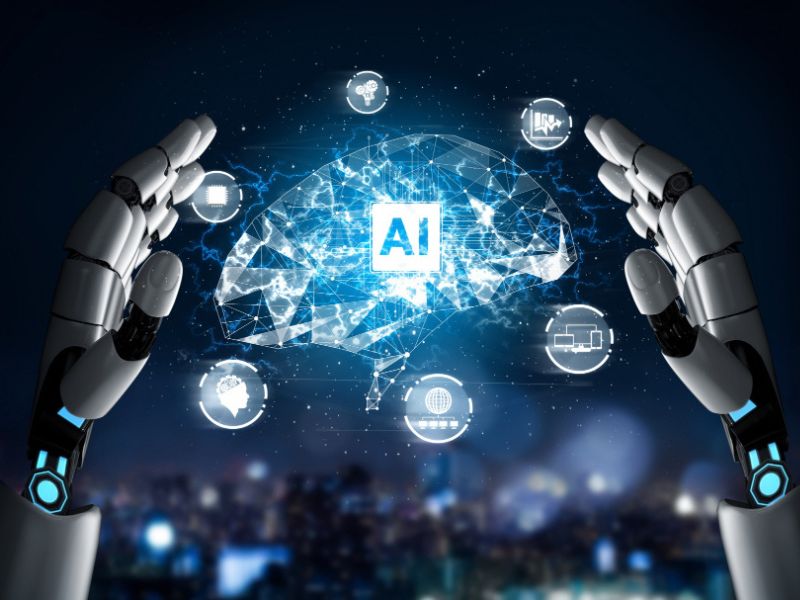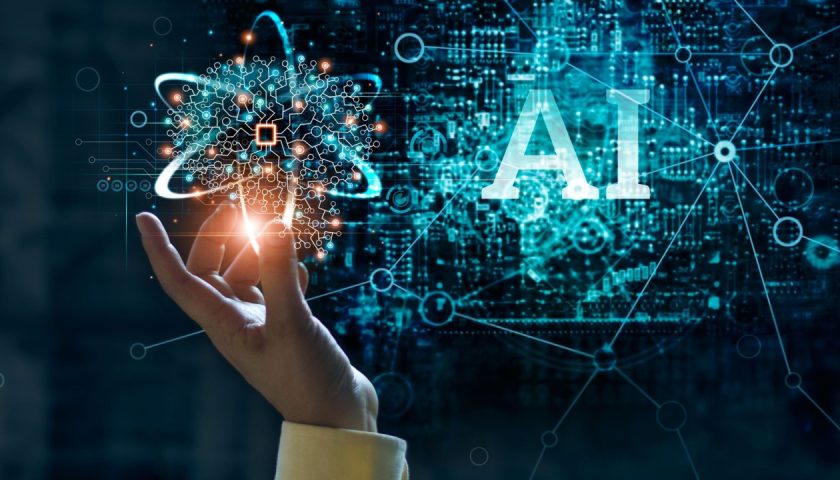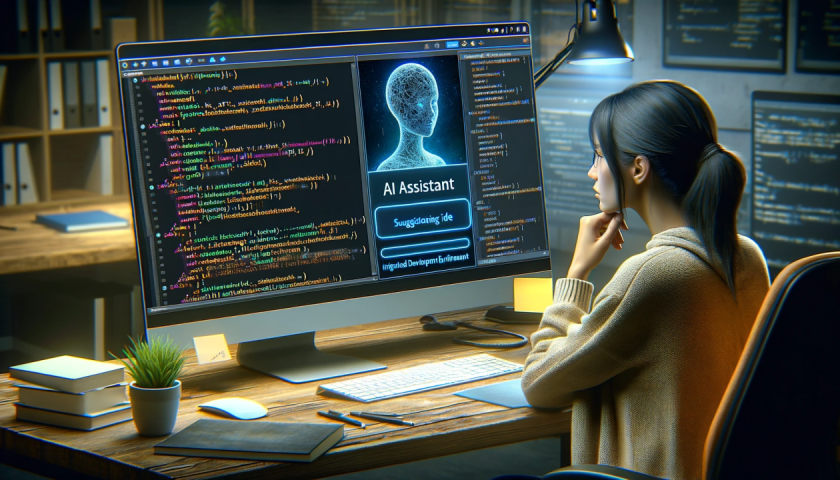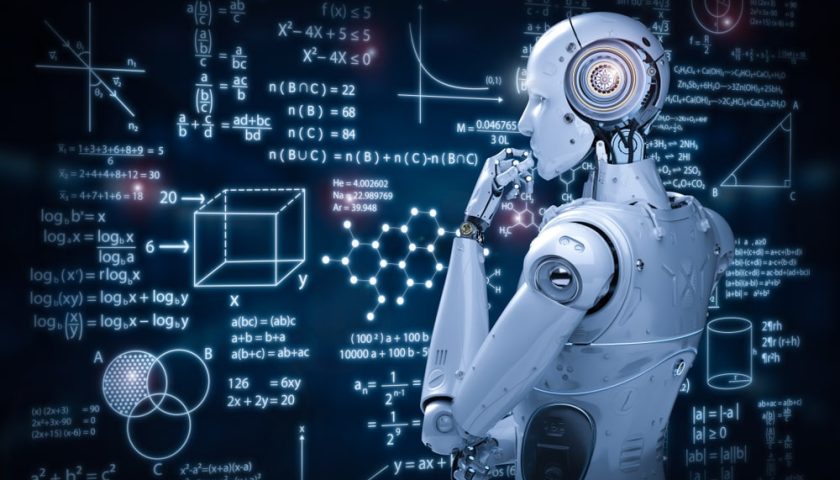10 Jobs AI Will (Likely) Replace, and 10 Jobs That Will (Probably) Remain Human-Centric
By: Javid Amin
The rise of artificial intelligence (AI) has ignited conversations about its impact on the future of work. While the technology holds immense potential to improve efficiency and productivity, its potential to automate tasks raises concerns about job displacement. As a senior copywriter and career expert, I’ve delved into this dynamic landscape to present a curated list of 10 jobs with a high probability of being replaced by AI, and 10 professions likely to remain firmly in human hands.
Jobs Vulnerable to AI Replacement:
-
Data Entry Clerks: AI excels in handling repetitive tasks, and data entry falls squarely within its domain. Automation software can process large data sets with exceptional accuracy and speed, rendering data entry clerks increasingly obsolete.
-
Assembly Line Workers: Manufacturing environments are prime candidates for robotic integration. AI-powered robots can perform assembly line tasks with greater precision and consistency, potentially displacing human workers in specific sectors.
-
Telemarketers: AI-powered chatbots equipped with persuasive communication scripts can replace telemarketers for lead generation and basic customer interactions. This shift frees up human resources for higher-level customer service roles requiring empathy and problem-solving skills.
-
Cashiers: Self-checkout systems powered by AI are becoming increasingly prevalent, streamlining grocery shopping and potentially replacing cashiers in the long run. However, roles involving customer service and age verification might persist.
-
Truck Drivers: While fully autonomous trucks might face technological and ethical hurdles in the immediate future, AI-assisted driving for long-haul journeys is a possibility. This could lead to reduced demand for traditional truck drivers, particularly on specific routes.
-
Loan Processors: AI algorithms equipped with advanced financial analysis capabilities can streamline loan processing by automating tasks like creditworthiness assessments and document verification, potentially replacing loan processors in the future.
-
Proofreaders and Editors: AI-powered grammar checkers and editing software have become remarkably sophisticated, catching typos, grammatical errors, and even stylistic inconsistencies. While human editors will likely remain crucial for nuanced and complex editing tasks, AI’s role in proofreading is likely to grow.
-
Insurance Underwriters: AI algorithms can analyze vast data sets to assess risk factors and make predictions, potentially automating parts of the insurance underwriting process. However, human underwriters will likely remain crucial for complex cases and situations requiring judgment and negotiation.
-
Travel Agents: AI-powered travel booking platforms can efficiently search for flight options, accommodations, and activities, potentially replacing the role of travel agents in booking simple trips. However, travel agents specializing in customized and complex itineraries will likely remain in demand.
-
Retail Salespeople: As online shopping continues to flourish and AI-powered chatbots become adept at handling customer inquiries, the demand for retail salespeople in brick-and-mortar stores might decline. However, salespeople specializing in high-end products or personalized customer service will likely remain relevant.
Jobs Likely to Remain Human-Centric:
-
Therapists and Counselors: The intricate nuances of human emotions, complex interpersonal dynamics, and the need for empathy necessitate a human touch in therapy and counseling. AI algorithms may assist with data analysis and mental health screening, but human therapists and counselors will remain indispensable.
-
Social Workers and Community Outreach Workers: The human element is central to understanding the complex needs of individuals and communities. Social workers and community outreach workers, equipped with empathy, cultural sensitivity, and strong communication skills, will likely remain irreplaceable in addressing social issues and building meaningful connections.
-
Musicians and Artists: The creative spark, artistic expression, and emotional connection inherent in music and other art forms are uniquely human. While AI may be employed for composing music or generating visual art, human creativity and emotional resonance will remain central to these fields.
-
High-Level Strategists and Analysts: Complex decision-making, strategic thinking, and the ability to navigate ambiguous situations require human intuition, experience, and the capacity for critical thinking. While AI can provide valuable data and insights, human strategists and analysts will continue to play a crucial role in guiding organizations through challenges and opportunities.
-
Research Scientists and Engineers: Scientific discovery and engineering innovation often involve groundbreaking ideas, creative problem-solving, and the ability to translate abstract concepts into practical applications. While AI may assist with data analysis and simulations, human creativity and ingenuity will remain essential in scientific progress.
-
Surgeons and Healthcare Professionals: The intricate nature of surgery, the need for delicate manipulation, and the crucial requirement for empathy and emotional intelligence make these professions highly unlikely to be replaced by AI. Human healthcare professionals will remain essential in providing personalized and compassionate care.
-
Athletes and Professional Sports Personnel: The human body’s physical capabilities, the element of competition, and the need for strategic thinking and improvisation are unique qualities not easily replicable by AI. Athletes and sports personnel will continue to inspire and entertain audiences, pushing the boundaries of human potential.
-
Teachers and Educators: The ability to inspire, motivate, and nurture young minds necessitates the human touch. Educators play a vital role in fostering curiosity, critical thinking, and social-emotional development, which are challenging to replicate with AI.
-
Entrepreneurs and Business Leaders: The ability to identify and seize opportunities, manage a team effectively, and adapt to changing market dynamics requires a unique blend of vision, leadership skills, and emotional intelligence that AI currently lacks. Human leadership will remain crucial for building and navigating ventures within the dynamic business landscape.
-
Writers and Content Creators: The power of human storytelling, the ability to articulate complex ideas in a compelling language, and the capacity to evoke emotions through words are unlikely to be surpassed by AI in the near future. Human writers and content creators will continue to be crucial in shaping narratives, engaging audiences, and sparking imagination.
The Future of Work: A Collaborative Landscape
It’s important to remember that AI is not inherently a threat to jobs, but rather a tool that can augment and redefine human work. Instead of complete replacement, we may witness a future where AI handles routine tasks, allowing humans to focus on higher-order skills like critical thinking, creativity, and emotional intelligence. This collaborative environment could lead to increased productivity, innovation, and a workforce adapted to the demands of the ever-evolving world.
Embracing the Change: Adapting and Upskilling
While some jobs may be replaced by AI, new opportunities will undoubtedly emerge. To navigate this evolving landscape, individuals can focus on continuously learning and upskilling. Embracing lifelong learning, developing critical thinking and problem-solving skills, and strengthening communication and interpersonal skills will empower individuals to thrive in the dynamic future of work.






